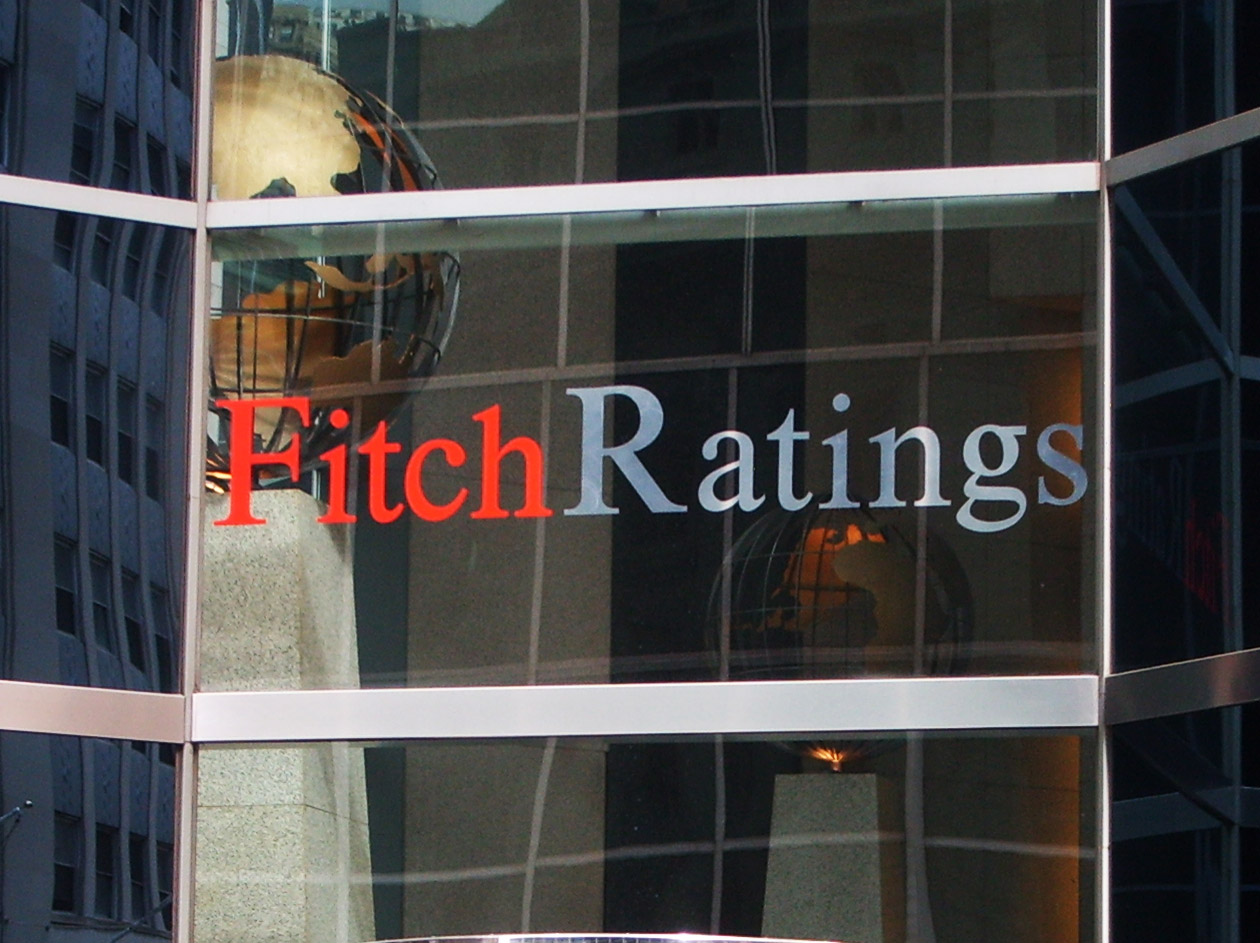Baku, Azerbaijan, Aug. 29
Trend:
Fitch Ratings has affirmed Azerbaijan's Long-term foreign and local currency Issuer Default Ratings (IDR) at 'BBB-' with a Stable Outlook, the international rating agency said Aug.29.
The issue ratings on Azerbaijan's senior unsecured foreign currency bonds have also been affirmed at 'BBB-'. The Country Ceiling has been affirmed at 'BBB-' and the Short-term foreign currency IDR at 'F3'.
Azerbaijan's ratings reflect the sovereign's low debt (14 percent of GDP in 2015) and large stock of net foreign assets (72 percent of GDP), accumulated with the help of double-digit current account surpluses and high oil prices since 2006, according to the report.
"The affirmation reflects our expectation that the authorities are committed to making the adjustments to capital spending and tax revenue that will ensure the preservation of these buffers," the agency said.
Fitch believes that the high dependence on oil and gas is a key rating weakness, with hydrocarbons accounting for 95 percent of goods exports, 50 percent of budget revenues and 40 percent of GDP in 2015.
Under our baseline oil price assumptions, the general government budget deficit in 2015 will amount to 4 percent of GDP (AZN2.3 billion), as oil-related revenues fall to roughly 20 percent of GDP from 24 percent of GDP a year earlier, according to the agency.
Fitch forecasts that the government budget will be in balance by 2016 and have a surplus of around 4 percent of GDP in 2017.
"This improvement will be driven by a reduction in capital spending from 14 percent to 10 percent of GDP and a gradual recovery of oil prices," the report said.
The agency also expects non-oil revenue to improve to 15 percent of GDP by 2017 from 12.5 percent in 2015, as the authorities' efforts to boost tax collection pay off.
"The authorities have expressed a strong commitment to preserving the assets of the State Oil Fund of Azerbaijan (SOFAZ), which receives most of the government's oil-related revenues and makes transfers that fund the budget," Fitch said. "SOFAZ's assets were 49 percent of GDP ($37 billion) at end-2014, and we expect them to rise to 57 percent of GDP by end-2017."
"This is under the assumption that the transfer to the state budget will remain fixed in nominal terms as oil revenues recover," according to the agency. "The 30 percent devaluation of the manat in February has been a key support to the value of the oil fund and fiscal ratios, as oil receipts are denominated in foreign currency but expenditures and transfers are budgeted in local currency,"
Data for the first half of 2015 shows robust growth in non-oil industrial production, construction, and retail trade. Key energy projects, chiefly the $28-billion Shah Deniz Stage Two gas development, are still expected to go ahead and support the growth outlook by boosting investment and increasing oil and gas capacity after 2017, according to the report.
"Some support to non-oil activity should also come from the restoration of price competitiveness," Fitch said. "Consumer prices rose 3.5 percent year-over-year (yoy) in June 2015, with services prices rising just 1.3 percent yoy and wages rising 3.9 percent yoy."
The agency expects consumer prices to climb 5.5 percent yoy over 2015.
"Although the banking sector is an area of weakness, its small size (with assets at 50 percent of GDP in 2015) allows the government to provide support as needed," the report said. "In July, the authorities announced the intention to recapitalise, clean up, and privatise the International Bank of Azerbaijan, which accounts for 35 percent of banking sector assets."
"The government will contribute AZN100 million (0.2 percent of forecast 2015 GDP) to the recapitalization," Fitch said. "We forecast that the government's explicit contingent liabilities could increase by several percentage points of GDP as a result of government-guaranteed bonds issued to finance the purchase of the bank's troubled assets."






